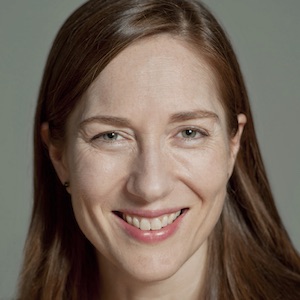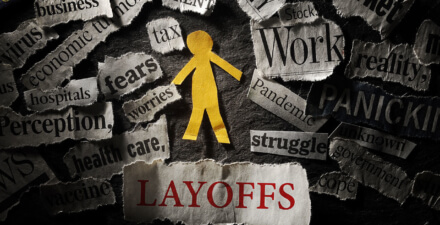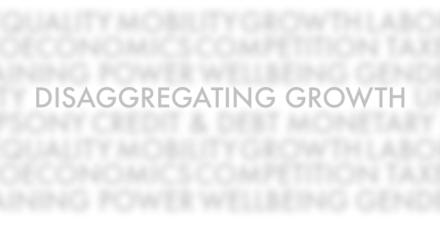
Senior Research Fellow
Harvard University
Heather Boushey is one of the nation’s most influential voices on economic policy and a leading economist who focuses on the intersection between economic inequality, growth, and public policy. She served in the Biden administration as a member of the Council of Economic Advisers and chief economist to the president’s Invest in America cabinet. She is currently a senior research fellow at the Reimagining the Economy Project at the Harvard Kennedy School.
Boushey co-founded the Washington Center for Equitable Growth and served as the president & CEO and a Steering Committee member from its launch in 2013 until she joined the Biden-Harris transition team in 2020. Her latest book, Unbound: How Economic Inequality Constricts Our Economy and What We Can Do About It (Harvard University Press), which was called “outstanding” and “piercing” by reviewers, was on the Financial Times list of best economics books of 2019. She is also the author of Finding Time: The Economics of Work-Life Conflict and co-edited a volume of 22 essays about how to integrate inequality into economic thinking called After Piketty: The Agenda for Economics and Inequality.
The New York Times has said that Boushey “is at the forefront of a generation of economists rethinking their discipline” and called her one of the “most vibrant voices in the field.” Politico twice named her one of the top 50 “thinkers, doers and visionaries transforming American politics.” Boushey writes regularly for popular media, including The New York Times, The Atlantic, and Democracy Journal, and she makes frequent television appearances on Bloomberg, MSNBC, CNBC, and PBS. She previously served as chief economist for Secretary of State Hillary Clinton’s 2016 presidential transition team and as an economist for the Center for American Progress, the Joint Economic Committee of the U.S. Congress, the Center for Economic and Policy Research, and the Economic Policy Institute.
Want to connect with Equitable Growth?
Contact Us






